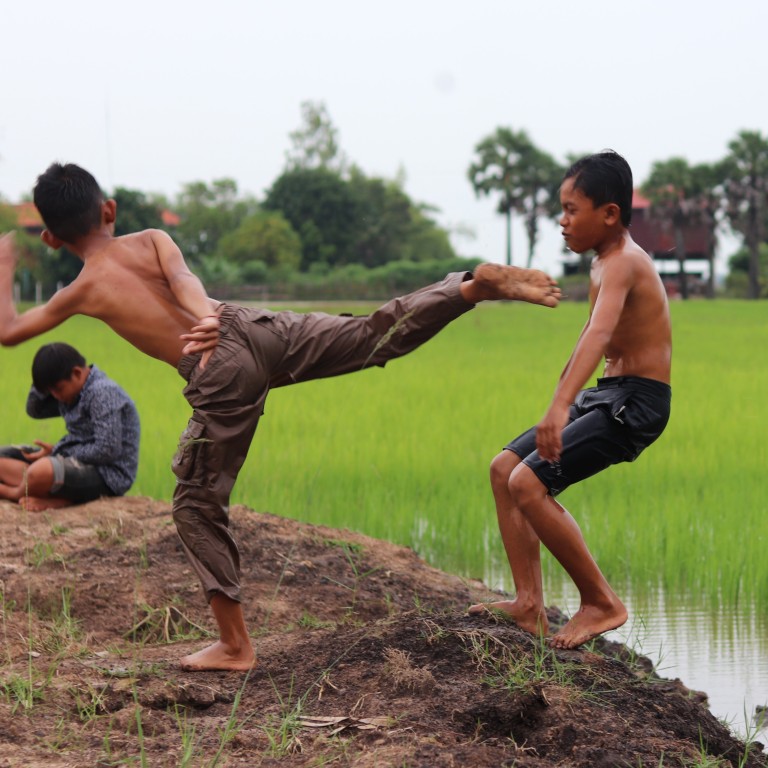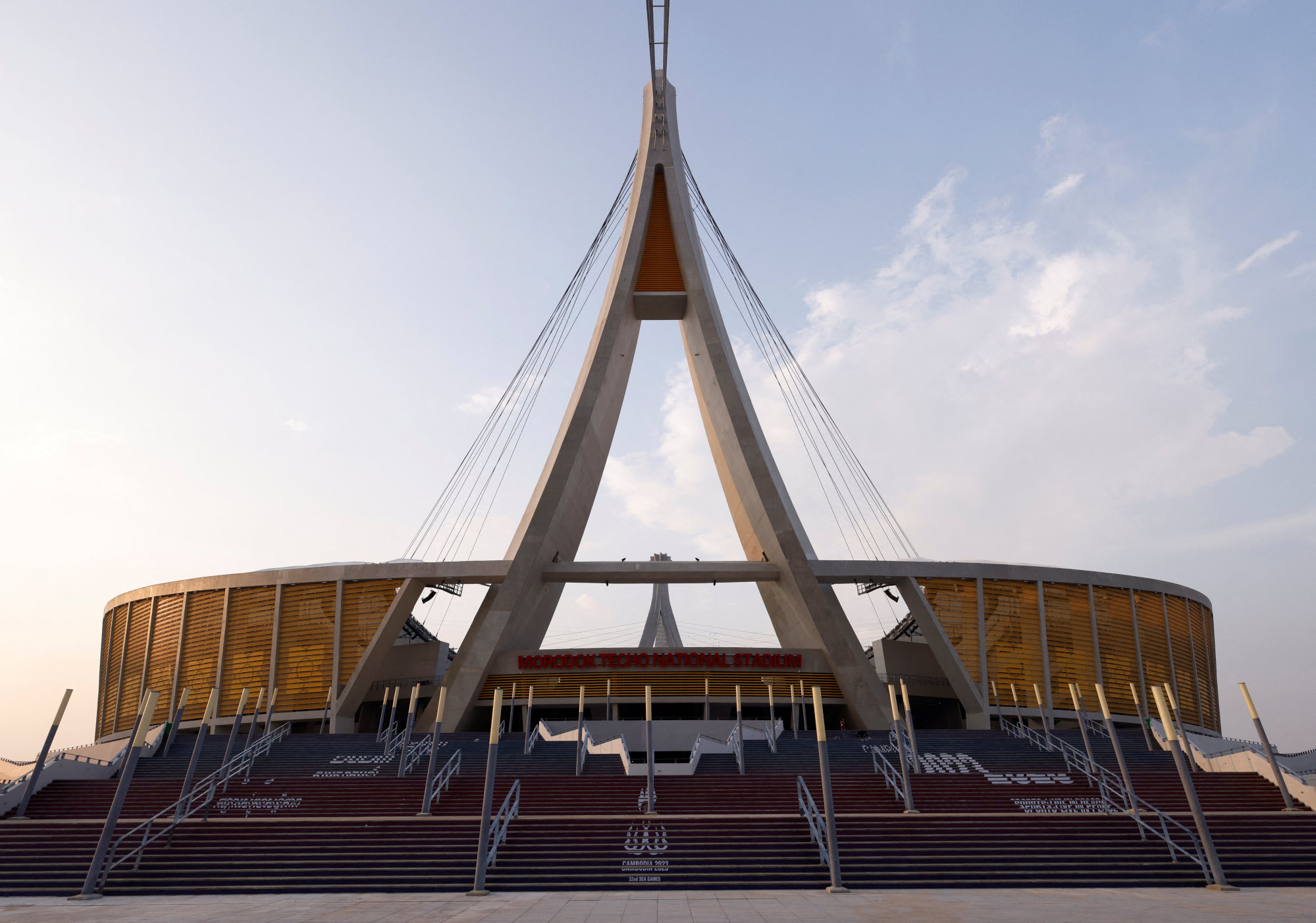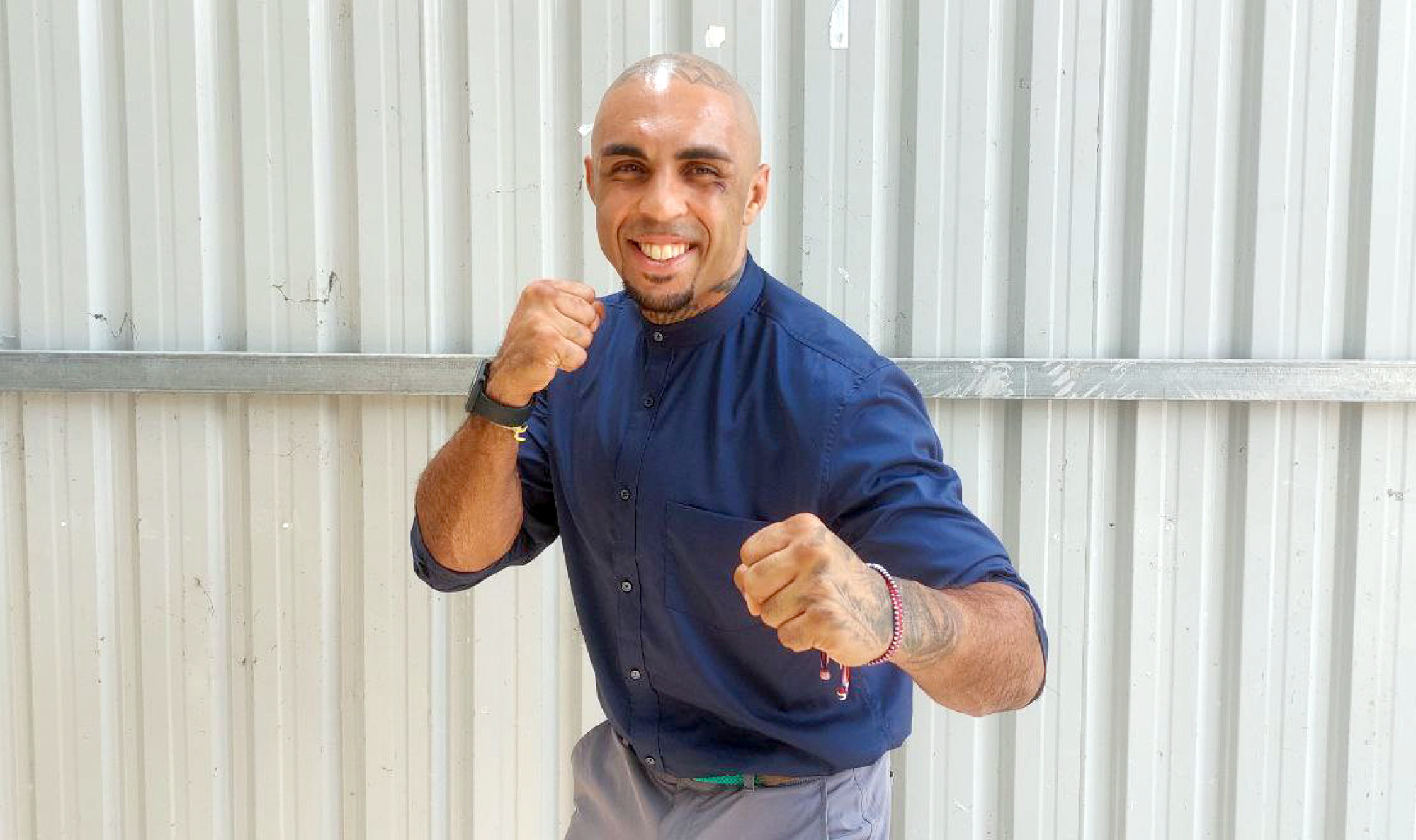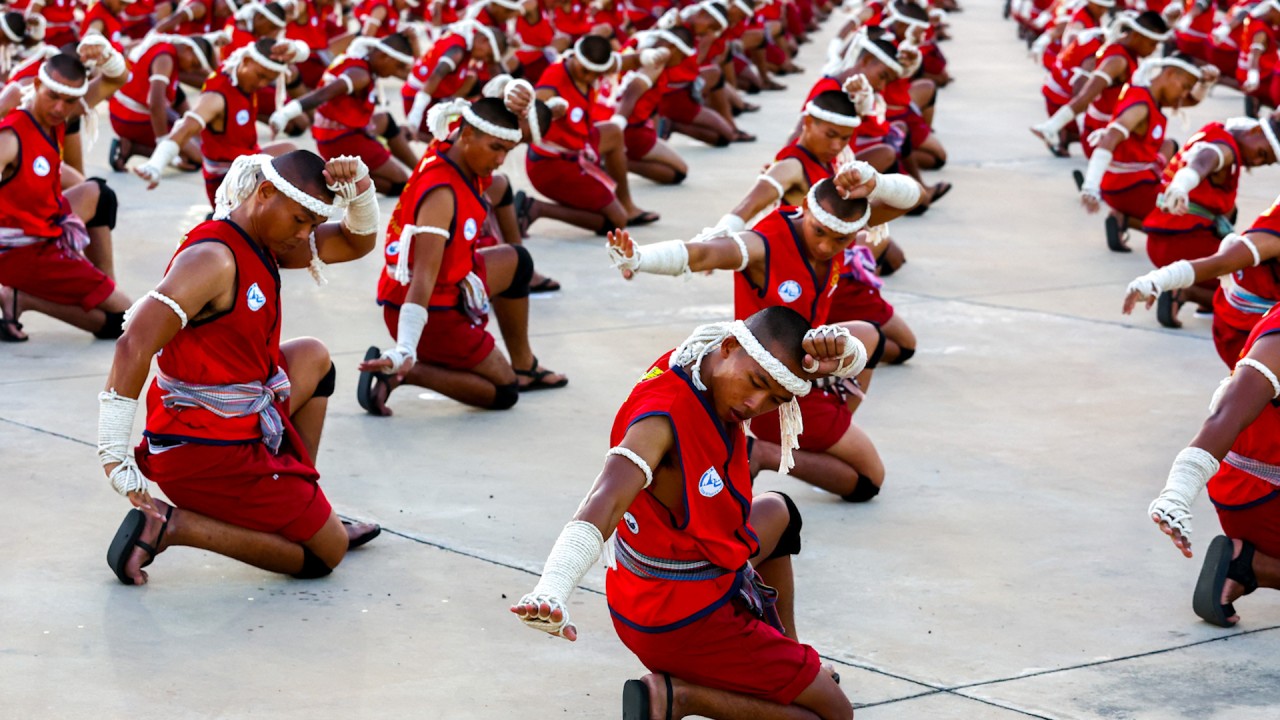
Ready, set, fight: Thailand, Cambodia spar to stake claim on Mekong boxing at SEA Games
- Kun Khmer and Muay Thai – boxing disciplines from Cambodia and Thailand, respectively – use fists, elbows and legs, and evoke national pride
- Cambodia, host of the SEA Games, has listed the discipline as Kun Khmer – prompting Thailand to refuse to enter its fighters into the competition
As Southeast Asia’s finest athletes descend on Phnom Penh for the Southeast Asian Games (SEA Games), Thai and Cambodian keyboard warriors are duking it out online over who owns the origin story to the Mekong region’s rich history of boxing.
Laos and Myanmar entered their fighters in the Kun Khmer competition. But Thailand would not accept the blow.

Federations representing Muay Thai, a sport whose gyms pepper the kingdom’s tourist areas and are a key brand in its soft-power marketing, said they would not take part, while insisting it “was not a boycott”.
Though fighters themselves say the punches, strategies and rules are very similar – or even the same – the rights to naming the skill have for long stirred nationalistic debate between Thailand, Southeast Asia’s second-largest economy, and its much smaller neighbour Cambodia.
It is an argument sprinkled with snobbery and sneers in Thailand, where millions of Cambodia migrant workers staff menial jobs; thickened by creeping nationalism on both sides of the border and whisked up by politicians and wealthy businessmen involved in the sport pulling at the pride of their compatriots – who have fought deadly skirmishes in border areas as recently as 2011.
He’s trained 9 daughters to box, but theirs isn’t a fair fight
Inevitably, the internet hosts much of the squabble.
“Cambodians always attack us over everything because … they are misled by extreme nationalistic history lessons since they were young,” said an administrator for Thai Facebook page “Claimbodia”, which charts the culture wars between the two nations.
Declining to reveal their identities, the page administrator said they wanted to see the end of vitriolic posts from Cambodians, saying the argument long predated the SEA Games and was just one element of what they allege is a Cambodian campaign to steal Thai culture, from Songkran festivities to traditional theatre and dance.
Meanwhile, the “World Kun Khmer Promotion” page jabbed back, emphasising that Cambodian martial art is depicted on the crumbling walls of the ancient religious site Angkor Wat – itself a reminder of the long-running spat over ownership of the Unesco world heritage site that flared up as recently as 2003.
Ceasefire?
Athletes and fans across Asean are pouring into venues across the Cambodian capital, including a new US$160 million, Chinese-backed stadium with capacity for 60,000 people.
Cambodia, where some 18 per cent of the population lives below the poverty line, has earmarked another US$118 million to fund the SEA Games and the June Asean Para Games.
The SEA Games routinely host wrestles over which disciplines from Southeast Asia’s idiosyncratic basket of sports, skills and disciplines make the grade, with the hosts often accused of planning obscure local events to ensure medals.
But previous Games have tried to avoid the rumble over the regional style of kick-boxing, simply calling it “Muay”, the Thai word for “boxing”, without specifying the national origin.

Calling the sport “Muay” also was more inclusive of Laos’ Muay Lao and Myanmar’s Lethwei, said Chinawut Sirisompan, a Muay Thai coach who is president of the World Muay Thai Organisation (WMO) and chair of the Kru Muay Thai Association.
Sirisompan, who was involved in the organisation of the Games in their early stages, said Cambodian officials called the event “Muay” in early days of planning but changed tack.
“When Laos hosts it … will they call it Kun Khmer? No. Will they call it Muay Thai? No. They will call it Muay Lao,” he said, adding that he understood the push to get the Kun Khmer name out.
Vath Chamroeun, secretary general of the Cambodia SEA Games organising committee and Cambodia’s National Olympic Committee, did not respond to a request for comment from This Week in Asia.
But he told the Phnom Penh Post that the Kun Khmer Federation was just 25 members short of recognition from the International Olympic Committee, which could one day give a Cambodian athlete a rare path to the Olympic podium.
“As soon as the traditional sport of any country has more than 75 member nations, it is officially recognised,” he added.

Last year, Unesco accidentally amped up the angst when it granted “intangible cultural heritage” status to Kun L’bokator, a traditional martial art dating back to the ancient Angkorian Empire in modern-day Cambodia.
Thai fans took offence, claiming Kun L’bokator copied Muay Thai rituals and culture.
Om Yom, a scholar of Kun L’bokator roots based in Cambodia’s Kampong Chhnang province, said Kun Khmer was derived from the ancient art.
“Kun Khmer and Muay Thai are similar but for the combat moves, it’s different because Muay Thai uses the lower parts [of the body like] kneeing more … but Kun Khmer uses punches and elbows a lot, and it’s a bit faster than Muay Thai,” he said.
Punching up?
Fighters are skilled in the nuances of both Kun Khmer and Muay Thai.
But that does not mean they can bob and weave through the culture war over the Mekong’s boxing.
He said he would wear shorts that say “Kun Khmer” and wrap himself in the Cambodian flag to accept any awards as a sign of respect to Cambodian national team coach Sen Bunthen, who worked with him extensively ahead of the April fight.
But when he won the title, the WMO took this as a sucker punch at Muay Thai.

The body said it withheld Teixeira’s payment for the fight and asked him to return the WMO Middleweight title’s prize belt.
“He didn’t give respect to the Muay Thai [championship],” WMO president Sirisompan said. “He went to a Muay Thai game, not a Kun Khmer game.”
But in Cambodia, Teixeira received a hero’s welcome.
Cambodian Prime Minister Hun Sen offered the boxer Cambodian citizenship and a US$20,000 reward, a month after calling for a “reconciliation” between the two countries over the sporting spat.
Martial art that gave birth to Muay Thai has revival in Cambodia
Tycoon Srey Chanthorn, the honorary chair of Khmer Boxing Federation, bankrolled Teixeira to build a Kun Khmer training camp in Phnom Penh, after Teixeira said he had to close his gym in Thailand’s Koh Samui over bad publicity.
Teixeira said he wished Thai fighters all the best, but he planned to continue his boxing career in Cambodia.
He doubled down, saying he believed Muay Thai had grown into too much of a business as it gained recognition globally.
“The [Thai] media said, ‘he sold his soul for Kun Khmer’,” he told This Week in Asia.
“I didn’t sell my soul, I just lost a lot of money … but I won almost 17 million people because when I walk into Cambodia, I feel so welcome.”
Additional reporting by Ouch Sony



